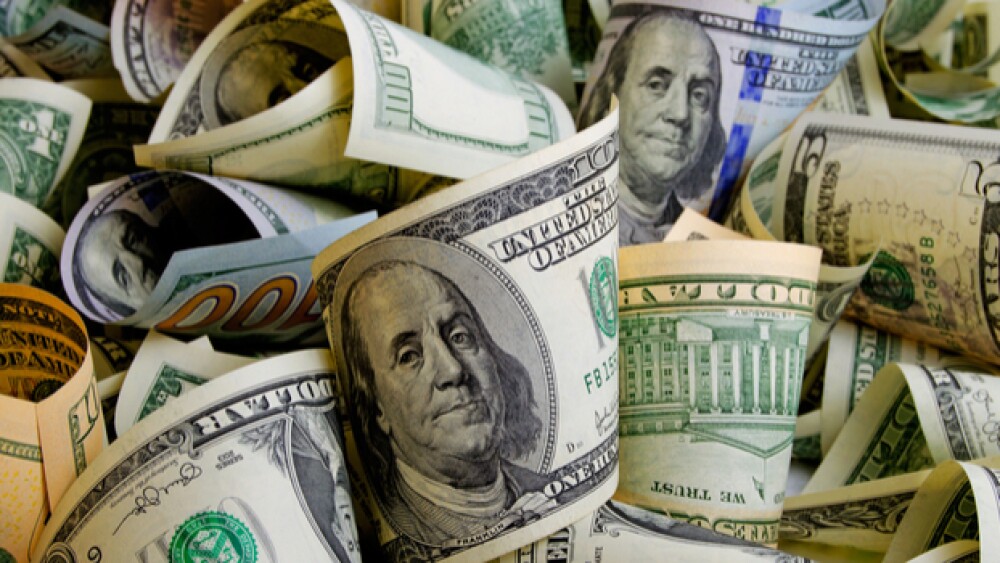There were a number of major companies reporting their second-quarter financials for the year. Here’s a look at five of the bigger announcements this week.
There were a number of major companies reporting their second-quarter financials for the year. Here’s a look at five of the bigger announcements this week.
Sanofi reported overall net sales increased by 5.5% for the second quarter, driven by Sanofi Genzyme, Sanofi Pasteur and emerging markets. Sanofi Genzymes’ sales increased 21.8%, driven by the new launch performance of Dupixent. Vaccines sales grew 24.7% mostly because of recovery and growth of Pentaxim in China. Emerging markets grew up 10%, supported by vaccines and rare diseases sales.
As a result, Sanofi raised its 2019 outlook, projecting earnings per share (EPS) growth of about 5%. “Business EPS outlook is raised to the top-end,” wrote Peter Welford, a Jefferies analyst, “but suggests only minor potential upgrades to consensus, at most, in our view.”
Much of the projection is based on continuing growth of Dupixent, which is indicated for atopic dermatitis, asthma and chronic rhinosinusitis. Dupixent was co-developed with Regeneron Pharmaceuticals. In the second quarter, Dupixent sales rose 168% in constant exchange rates to $551.8 million. The drug is marketed in 28 countries with another 18 countries expected to reach the market by the end of the year.
Pfizer’s overall second-quarter revenues were $13.3 billion, a 2% operational growth driven by 6% operational growth from the Pfizer Biopharmaceuticals Group.
“We reported solid second-quarter 2019 financial results, with total company revenues up 2% operationally,” stated Albert Bourla, Pfizer’s chief executive officer. “Performance was primarily driven by 6% volume-driven operational growth in our Biopharma business, including continued growth of key brands such as Ibrance, Eliquis and Xeljanz as well as in emerging markets. This growth was partially offset primarily by the impact of generic and biosimilar competition for products that have lost marketing exclusivity, as well as the expected decline of Upjohn revenues in China.”
In terms of updating the 2019 guidance, the primary focus was Pfizer’s formation of the Consumer Healthcare joint venture with GlaxoSmithKline on August 1, the near-term completion of the Array BioPharma acquisition and completion of the Therachon Holding AG acquisition. Excluding those pending business developing activities, Pfizer’s 2019 financial guidance is unchanged.
Charles River Laboratories reported quarterly revenue of $657.6 million, an increase of 12.3% from the second quarter of 2018. Acquisitions overall, but particularly of Citoxlab, contributed 5.7% to consolidated second-quarter revenue growth. Organic revenue growth was 8.5%, driven by all three business segments. The Research Models and Services (RMS) segment brought in $136.1 million in the quarter, up 4.3% from the same period last year. Discovery and Safety Assessment (DSA) segment revenue was $405.5 million in the quarter, up 17.1% from the second quarter in 2018. The third segment, Manufacturing Support, brought in $116 million, up 7% from the second quarter of 2018.
“Our solid, second-quarter results demonstrate the effectiveness of our strategy and the strong industry fundamentals that continue to fuel the pipelines of the biotech industry, and in turn, our growth,” stated James C. Foster, CRL’s president and chief executive officer.
Gilead Sciences reported total revenues for the quarter of $5.685 billion up from $5.648 billion in the same quarter last year. HIV product sales hit $4 billion for the quarter compared to $3.7 billion in the second quarter 2018. Chronic hepatitis C (HCV) product sales were $842 million for this quarter, down from $1 billion in the same period last year. Its CAR-T therapeutics, Yescarta (axicabtagene ciloleucel), pulled in $120 million in the second quarter up from $68 million in the second quarter of last year. The company has $30.2 billion in cash, cash equivalents and marketable debt securities. It revised its 2019 full year guidance slightly, from $21.3 billion to $21.6 billion in product sales.
Merck & Co. reported second-quarter sales of $11.8 billion, an increase of 12%. As is common, given the number of approvals, Merck emphasized that the U.S. Food and Drug Administration (FDA) had approved Keytruda in the quarter as first-line treatment in metastatic or unresectable, recurrent head and neck squamous cell carcinoma (HNSCC) as a monotherapy in patients whose cancers expressed PD-L1 or in combination with platinum and fluorouracil (FU), and approved it for patients with metastatic small cell lung cancer (SCLC) with disease progression on or after platinum-based chemotherapy and at least one previous line of therapy.
“Our science-led strategy and execution across our key growth pillars have driven another quarter of accelerating revenue growth with strength across our global portfolio,” stated Kenneth C. Frazier, chairman and chief executive officer of Merck. “We remain confident that our innovative products and significant pipeline opportunities will continue to deliver strong results and provide sustainable value to patients and shareholders.”





